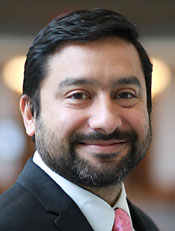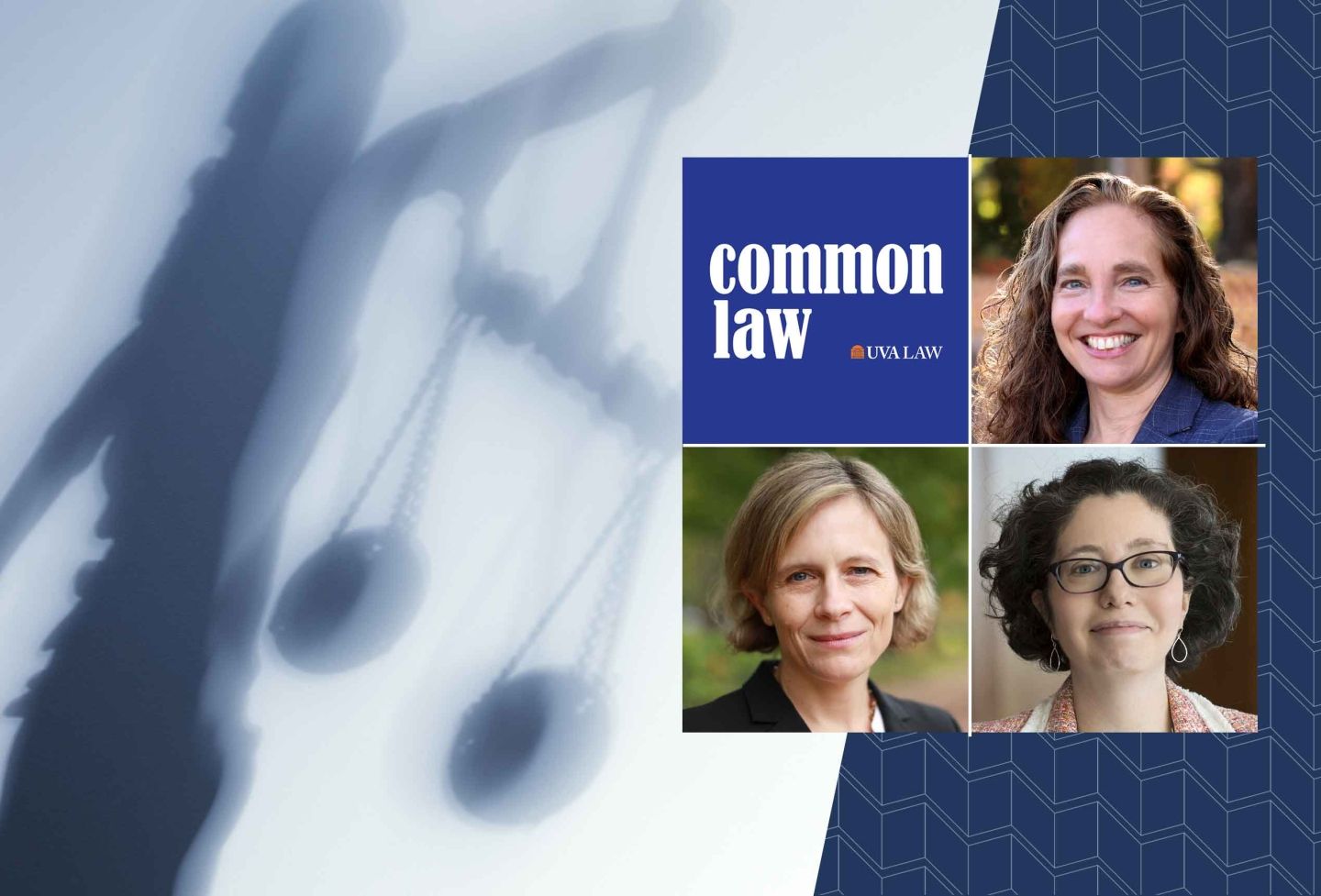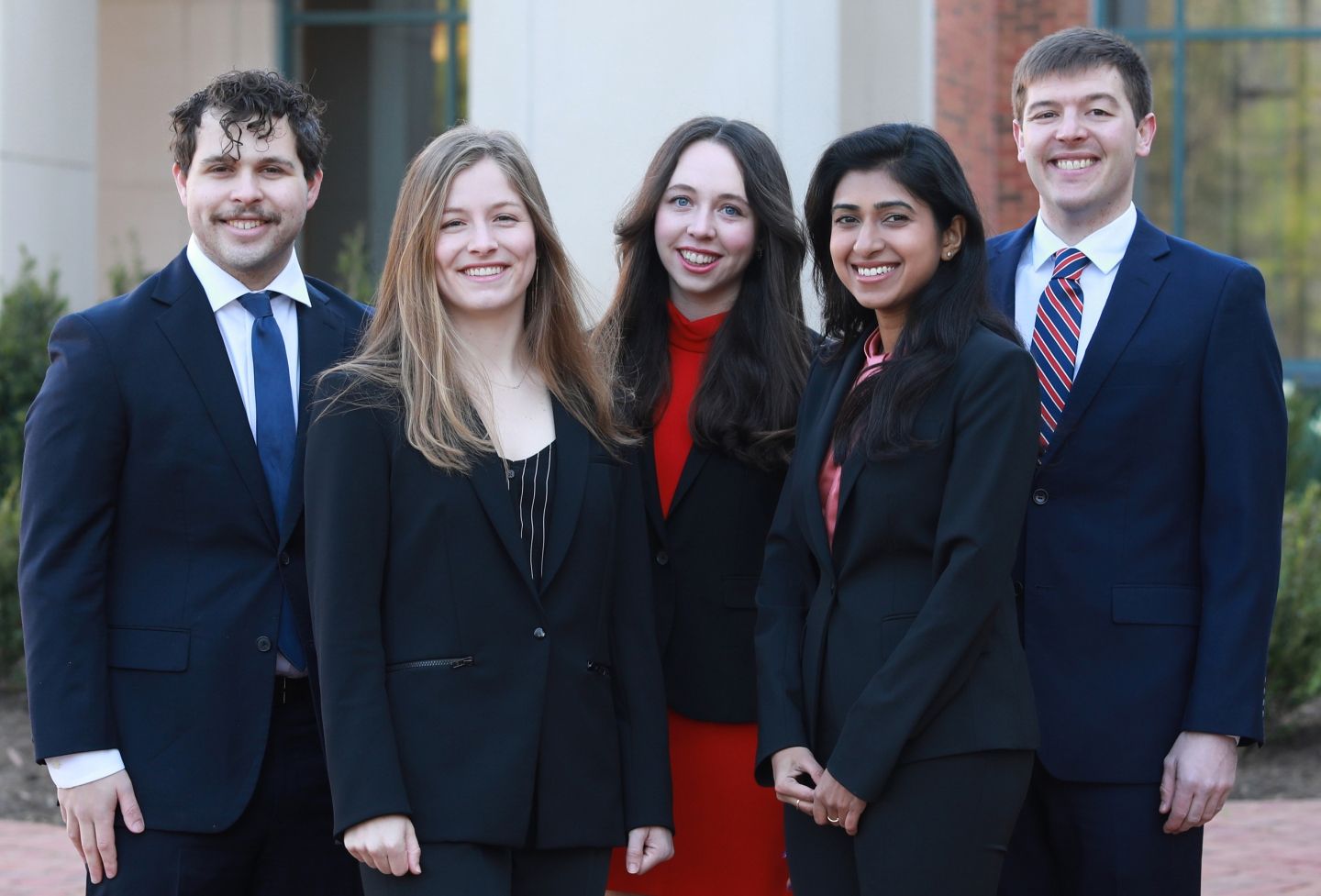The International Human Rights Clinic at the University of Virginia School of Law has filed an amicus brief arguing that the Supreme Court of Peru should strike down a pardon for former President Alberto Fujimori, who was convicted of heinous human rights crimes.
Fujimori, who served as Peru’s president from 1990-2000, was convicted in 2009 and sentenced to 25 years in prison for his role in murders and kidnappings committed by anti-communist death squads. President Pedro Pablo Kuczynski pardoned Fujimori, whose health was reportedly failing, in December 2017 after the Fujimori family and his party supported Kuczynski during a failed impeachment trial for corruption. The decision outraged the Peruvian and international human rights community, and Kuczynski resigned in March after facing another impeachment trial.

“The Fujimori trial is one of the most emblematic cases of litigation of gross human rights violations and international crimes before a domestic jurisdiction in the world,” said Professor Camilo Sánchez, the clinic’s director. “By joining the brief, we are making a small contribution to the relentless efforts that have been carried out by victims and lawyers during the past three decades to end impunity for conflict-related violations in Peru.”
Following an appeal by victims’ families to the Inter-American Court, a judge on the Supreme Court of Peru reversed Fujimori’s pardon on Oct. 3, saying that Peruvian and international law forbid the pardon. The ruling has been appealed to the full court.
Sánchez said the outcome of the case could shed light on how courts can deal with measures that aim to shield perpetrators from justice and is likely to set an example on how to integrate international human rights standards in domestic courts.
“A pardon approval by the domestic judiciary would mean a setback of decades in the fight for justice in Peru,” Sánchez said. “It would also mean a setback for global efforts for accountability and ending impunity since it would open a door for perpetrators to avoid sentences using this kind of mechanism — a humanitarian pardon — even after being found guilty.”
Although health and age could be legitimate reasons for alternative punishments, Sánchez said, the brief argues there was no evidence that Fujimori’s medical records were analyzed appropriately.
“There is a well-established principle that blanket amnesties and other legal mechanisms that prevent the prosecution of individuals who may be legally responsible for war crimes, genocide, crimes against humanity and other gross violations of human rights are inconsistent with states’ obligations under various sources of international law,” he said.
Sánchez said the case presented a unique and challenging legal question that seeks to integrate both inter-American human rights law and the Peruvian Constitution. Additionally, he said the clinic benefited from exchanging strategies and ideas from an international pool of talented human rights lawyers.
The brief was also submitted on behalf of the Due Process of Law Foundation, the Clinique internationale de defénse des droits humains, Université du Québec à Montréal, and the Instituto de Democracia y Derechos Humanos de la Pontificia Universidad Católica del Perú.
Founded in 1819, the University of Virginia School of Law is the second-oldest continuously operating law school in the nation. Consistently ranked among the top law schools, Virginia is a world-renowned training ground for distinguished lawyers and public servants, instilling in them a commitment to leadership, integrity and community service.


